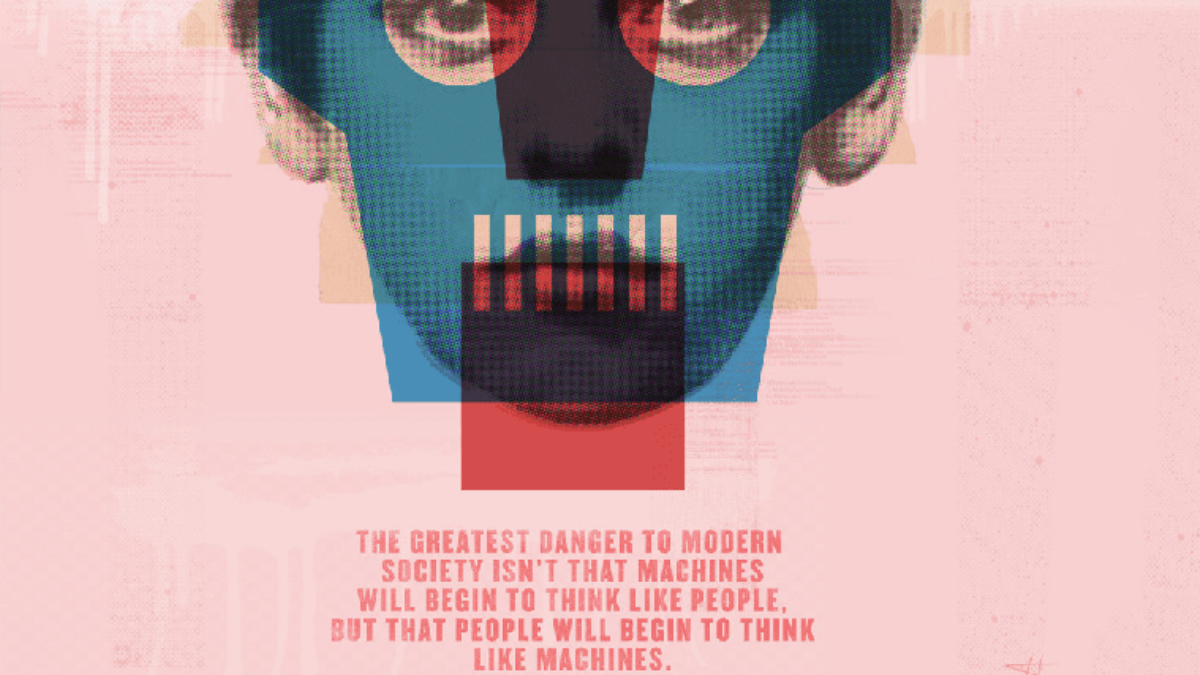Call for Creative Submissions – Future 2045: The world with or without Killer Robots
This creative contest will allow young people to imagine how their lives, and those of their communities, could be affected in the near future by the global community’s decision to take action on autonomous weapons at this crucial juncture.
Submission procedure:
Applicants must submit their pieces through the Google Form by Sunday, 1 December 2024 11:59pm PST (EXTENDED!). Uploads must be 1GB or less. N.B. For files larger than 1GB, you can submit a WeTransfer link or a link to an unlisted YouTube video to [email protected].
Our collective futures will be impacted by the outcomes of the international community’s agreement on new international law to regulate and prohibit autonomous weapons; or by failing to do so and allowing the gap between innovation and regulation to widen, allowing automated harm and digital dehumanisation to increase.
Young people have an important role to play in the promotion of disarmament as a method to protect people from harm and to build safer and more peaceful societies. To bring their perspectives on the consequences of automated harm to the forefront, the Future 2045 multimedia art contest invites young people to creatively express their views on this crucial issue.
Contest overview:
- Imagine the world in 2045. Using your preferred creative method, show us what life looks like for you and your community in a future where autonomous weapons have been regulated and banned. Alternatively, show us what it would look like if the international community failed to act adequately in 2024 to regulate/prohibit autonomous weapons.
- Option A – If autonomous weapons are regulated/banned: How would a treaty advance humanitarian disarmament goals, including dignity, equality, non-violence, human rights,? How would this change your life? How would this change the life of people in your community, country or region? What would be the specific impacts from different elements we might see in a treaty (e.g. positive obligations for meaningful human control etc)?
- Option B – If autonomous weapons aren’t regulated/banned: How do you envision the impacts of AWS / automated harm if the international community doesn’t take concrete action toward mitigating these risks? How would the uneven impacts of autonomous weapons/automated harm manifest? What about if countries manage to regulate or prohibit some aspects of the challenges of AWS but not others (e.g. a prohibition on systems targeting people is not achieved)?
Artworks accepted:
- Visual: painting, illustration, cartoon strip/graphic short story (max 2 pages), photography (submit either a photograph or digital file of the artwork).
- Audio: song/music video, spoken word – clips can be shared on social media (max. 4 minutes)
- Text: poem/short story (max. 1000 words for any text submissions)
Timeline:
- Contest launch – 21 September, International Day of Peace
- Deadline to submit artworks – 1 December (EXTENDED!)
- Winners will be selected and notified by mid-December 2024
- Artworks will be virtually exhibited in early 2025 and may be exhibited/presented at the 2025 Stop Killer Robots Global Meeting
Results:
- 6 winning artworks (2 from each category) and each winner would receive $200 USD
- Artwork featured on our digital channels (i.e. social media, Medium, website etc.).
- Additionally, visual works may be considered for inclusion on a limited edition t-shirt that would be sold on the Stop Killer Robots shop.
- Artwork featured on our digital channels (i.e. social media, Medium, website etc.).
- Winners will share their works during a webinar event with a global audience
- Artwork will be exhibited at the 2025 Stop Killer Robots Global Meeting
- Winners may be invited to a Stop Killer Robots global meeting to share their pieces
Submission guidelines:
- Individual or group submissions (up to 3 people) from people under 30 years old (under age 30 at time of entry)
-
- Group entries should collectively agree on a group leader and include the leader’s contact on the form. The group leader will be responsible for equitably distributing any prize funds.
-
- Entries can be submitted in any UN language (Arabic, Chinese, English, French, Russian and Spanish)
- Submissions must clearly demonstrate the impact of either (i) regulation on autonomous weapons through the form of new international law (i.e. a treaty) or (ii) lack of regulation/ prohibitions, and how this would exacerbate automated harm and digital dehumanisation.
- Submissions should promote inclusivity. Submissions should emphasise the shared humanity and collective responsibility in addressing issues related to autonomous weapons and their impact.
- Submissions should incorporate Universal Values: Entries should focus on universal values such as peace, human rights, and cooperation. The intention is to create a space for constructive dialogue and understanding that acknowledges specific geopolitical contexts, yet can be applicable beyond them.
- Submissions should respect diversity: Entries should respect the diversity of perspectives and backgrounds of the participants and potential audience. While we encourage participants to submit entries that demonstrate their specific perspectives, we want to platform work that brings communities together to demonstrate the need for united and inclusive action on the challenges posed by autonomous weapons.
- Submissions should have a human-focused/ humanitarian perspective: We are looking for submissions that focus on how people will be affected by autonomous weapons and digital dehumanisation. Autonomous weapons are not science fiction, they are being developed by countries and companies around the world right now. We want submissions to acknowledge the urgency of the issues they pose and to demonstrate real-life implications.
- Submissions cannot use Artificial Intelligence (AI): Given the uneven access to AI tools such as ChatGPT or DALL-E, and the uneven impacts of these technologies on humans and the environment, submissions must be human-generated.



